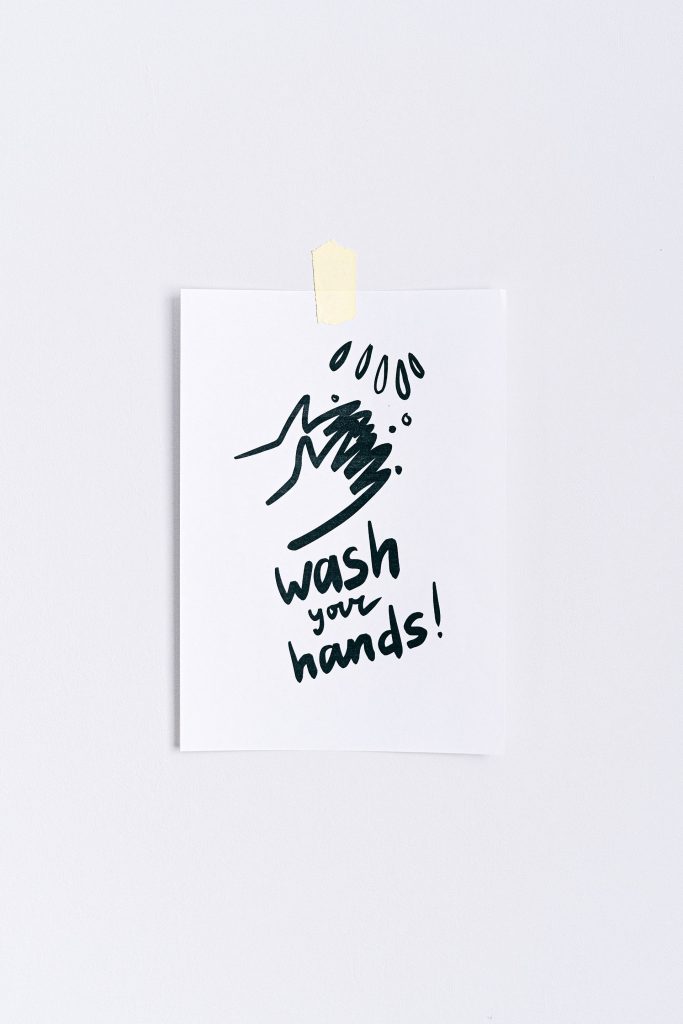
The year 2020 came upon us with bright prospects for investors, projects expansions and policy directives that will guide decision making by businesses. But, alas, as many prepared for the socio-political trends that shape economic and commercial activities only for the world to be struck with the Covid-19 pandemic which has altered plans, reduced revenue projections, led to global reduction on GDP, loss of jobs and restricted movement across the world.
According to PwC, “Nigeria is the fastest-growing market among five countries in Africa as a result of the influx of guest houses and growth in the number of hotels”. Looking at the growth of hotels against the current devastating impact of the Covid-19 on businesses especially within the hospitality industry and more specially hotels, especially with no early end of the pandemic in sight, it points more to lack of investors’ confidence in the hospitality.
COVID-19 and Hotels in Nigeria
The hospitality industry in Nigeria is one of the worst-hit by the global pandemic. With the lockdown impositions, closure of airports, social distancing rules and the general lull in economic activities, many hotels have had to temporarily shut down while those still in business, run on less than 35 percent capacity based on the covid-19 safety protocols. The implication of this is low patronage of hotels and the resultant effect is that many employees have lost their jobs while those who are working have had to accept pay cuts to as high as 70 percent.
On the larger scale, hotel managements have lost huge revenues; families of employees have lost their source of daily bread, while vendors and suppliers have also suffered same fate thus increasing economic hardships and hunger since there is no source of income for feeding their families.
See Also: Effects of Covid-19 Pandemic On the Hospitality Industry- Focus on Restaurants and Bars
Surviving Post Covid-19: Exploring other options than Room Services
The hotel sector of the hospitality has made a quantum leap from the traditional functions as establishments provide bed space and breakfast for travellers to offering premium services. Most many hotels in Nigeria are now one stop shops for all round entertainment whether provided by them or by third parties.
Some hotels still stick to the traditional roles of providing accommodation and feeding since there are particular patrons who prefer such style of services. Others however have embraced partnerships and collaborations. For instance, the Festival Hotel in Amuwo has converted a wing of its building into a luxury apartment while also opening its grounds for the Festival Mall to be built. With department stores like ShopRite, Miniso, Silverbirds Cinemas, HealthPlus, Dynasty Lounge etc. This is apart from some mini stores it offers within its own space. This also includes the swimming pool, ultra-modern Gym, Tennis Court, Banquet Halls for events etc. The Eko Hotels and Suites on Adetokunbo Ademola, Victoria Island has similar facilities. Same for Oriental Hotels on Ozumba Mbadiwe and Four Points by Sheraton Oniru, both on Victoria Island.
With no end date in sight and with International flights yet to commence operations, there is a compelling need for hotels in Nigeria to be creative in terms of generating revenues for the purpose of business continuity.
The facilities mentioned above are also affected with the lockdown and ban social activities. So what must hotels do to stay in business during this era? What steps must they take to stay alive until we return to normal or, at least stay afloat during this era of “new normal?’ The following suggestions may be of help.
- Only essential staff and facilities must be used until further notice. Ensure strict compliance to laid down Health and safety protocols on Covid-19 at all times. Right from the gate, there should be screening for anyone entering the hotel. The security personnel should enforce this. They will keep hand sanitizers at the guest rooms, elevator lobbies, and the reception. They should also check for fever with the help of a remote thermometer. The security will make sure there is enough fresh air in guest rooms and maintain good air quality.
- The cost of having high food inventories can be saved by making sure Food menus are choices of Table d’hote menus each day not full a la carte menu. Spacing out the Restaurant tables and self-service should be encouraged to reduce human contact.
- Introduce home delivery catering service for loyal clients who still prefer the culinary expertise and exquisite taste of the hotel meals. Meal plans can be drawn and categorized so that patrons can make their preferred choice. Once prepared, it can then be delivered to the respective patrons or they can come for pick up themselves while following the social distance rules.

Since clients appreciate a great client relationship, communicating with loyal customers through social media and digital marketing during and after a large lockdown is very important. While it a great marketing strategy, it is also an amazing way to show that your brand cares about her patrons.
The Federal government also has a role to play in ensuring that it sustains the hospitality industry especially because of its enormous contributions to the economy of the nation especially with regards to employment and taxes. Hence, since liquidity is the second greatest consideration for working capital. The government should find a way to reduce the financial burden of Covid-19 on hotel owners. This can be done by:
- Extend the palliative to the hospitality industry.
- Giving a twelve-month moratorium on State levies, security deposits, customs duties, bank guarantees, and advance tax.
- Granting Interest-free loans hotel owners for working capital.
Read About: Vivian Enendu
Hotel owners and managers must think deeper; understand the behavioral preferences of their clients and go out to see how to satisfy those preferences. Customer is king and to stay in business there is a compelling need for hotel brands to continue to seek ways of improving the quality of the services rendered to their clients. In business, tough timers call for creative ways to stay afloat.

